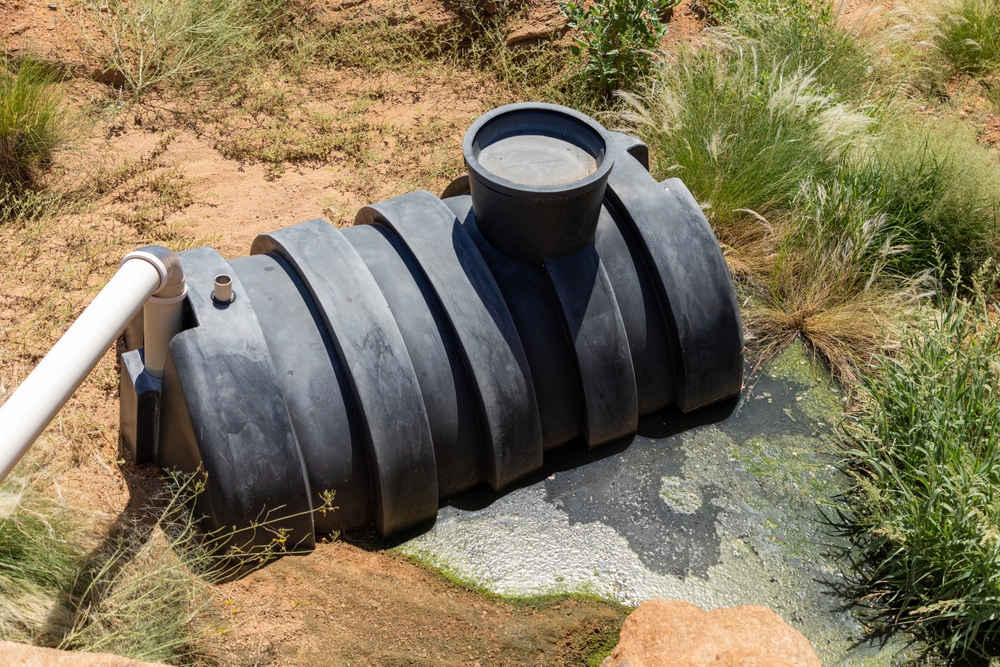The Science Behind Septic Bacteria: Why They’re Important

Understanding the role of septic system bacteria is crucial for maintaining the health and efficiency of your septic system. This article delves into the science behind these microorganisms and why they are vital for a properly functioning septic system.
What Are Septic System Bacteria?
Septic system bacteria are microorganisms that play a critical role in breaking down organic waste in a septic system. These bacteria are predominantly anaerobic, meaning they thrive in environments without oxygen. They are essential for the decomposition of solid waste in the septic tank, converting it into simpler substances that can be further treated or safely absorbed into the soil.
Types of Septic Bacteria
Septic bacteria come in several types, each serving a specific function within the septic system:
- Anaerobic Bacteria: These bacteria thrive in the oxygen-free environment of the septic tank. They decompose complex organic materials into simpler compounds, such as methane, carbon dioxide, and other byproducts.
- Aerobic Bacteria: Although primarily found in the drain field or soil, aerobic bacteria require oxygen to break down waste. They help further decompose the leachate that exits the septic tank and enters the soil, ensuring that the waste is broken down more thoroughly.
- Facultative Bacteria: These bacteria can function in both aerobic and anaerobic environments. They are adaptable and can contribute to the decomposition process depending on the available oxygen levels.
How Septic System Bacteria Work
The Decomposition Process
The decomposition process starts in the septic tank where anaerobic bacteria break down the solid waste. This process produces a layer of sludge at the bottom of the tank, a layer of scum at the top, and a relatively clear liquid in the middle. The sludge and scum need to be periodically removed to prevent system overload.
As the liquid waste flows from the septic tank to the drain field, aerobic bacteria in the soil continue the decomposition process. These bacteria further break down the waste, converting it into harmless substances that are absorbed into the soil.
The Role of Bacteria in Waste Management
Septic bacteria are crucial for several reasons:
- Reduction of Solids: Bacteria break down the solids in the septic tank, reducing the volume of waste and minimizing the risk of clogs in the system.
- Prevention of System Overload: By decomposing organic material, bacteria prevent the septic tank from becoming overloaded, which could lead to system failure or environmental contamination.
- Enhancement of Soil Absorption: Aerobic bacteria in the drain field improve soil structure and increase its capacity to absorb and treat wastewater, which helps protect groundwater from contamination.
Why Septic System Bacteria Are Important
Maintaining System Efficiency
Without a healthy population of septic system bacteria, your septic system would not function efficiently. The decomposition of waste would be significantly slower, leading to increased solid buildup in the septic tank and potential system backups.
Environmental Protection
Properly functioning septic systems with active bacteria contribute to environmental protection. They ensure that wastewater is broken down effectively before it reaches the groundwater. This helps to prevent contamination of drinking water sources and reduces the risk of waterborne diseases.
Cost-Effectiveness
Regular maintenance of your septic system, including ensuring a healthy population of bacteria, can save you money in the long run. A well-maintained system reduces the need for costly repairs or replacements and prolongs the life of your septic system.
How to Support Healthy Septic System Bacteria
Regular Pumping
Regular pumping of the septic tank is essential to remove accumulated sludge and scum. This prevents the tank from becoming too full, which can hinder bacterial activity and lead to system failures.
Proper Waste Disposal
Avoid flushing non-biodegradable items, chemicals, and large quantities of grease down the drain. These substances can kill beneficial bacteria and disrupt the natural decomposition process.
Use of Bacterial Additives
In some cases, homeowners may use bacterial additives to boost the population of septic system bacteria. However, it’s important to choose products that are specifically designed for septic systems and to follow manufacturer recommendations.
Common Misconceptions About Septic System Bacteria
Bacteria Are a One-Time Solution
Some people believe that adding bacteria to the septic system is a one-time fix. In reality, maintaining a healthy bacterial population requires ongoing care and regular maintenance of the system.
More Bacteria Equals Better Performance
Adding excessive amounts of bacteria does not necessarily improve the performance of your septic system. It’s crucial to focus on proper maintenance and avoid overloading the system with unnecessary additives.
Conclusion
Septic system bacteria play a vital role in the health and efficiency of your septic system. Understanding their function and maintaining their well-being is essential for effective waste management, environmental protection, and cost savings. By supporting a healthy population of septic system bacteria and practicing regular maintenance, you ensure that your septic system operates smoothly and efficiently.
Need Septic Tank Services in Cleveland, TX?
Welcome to All Pro Septic! We are a family-owned and -operated septic tank cleaning business. We can install, repair, and maintain septic tanks for residential, commercial, and industrial properties. We also provide line cleaning, sewage pump repair, and clean grease traps, lint traps, and aerobic systems. We always offer free estimates to better your convenience. Do not let your septic tank stop you from wanting to use the restroom. Call us today and get a quote!
Categorised in: Septic System Maintenance